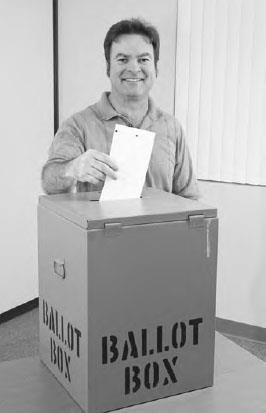Candidates are very interested in the psychology behind candidate selection. The classic rational tradition would hold that people determine which candidate best represents their interests or their values and then vote accordingly. However, the psychologist Drew Westen has argued that people rely on far more than rational analysis when choosing how to vote. Careful analyses of candidates’ qualifications, voting records, and positions on the issues is time consuming and difficult, especially for people who do not follow current events. Therefore people tend to fall back on shortcuts, basing their decisions on personal liking of candidates, identification with candidates, hot button issues, and simple messages that stimulate strong emotional responses. It is important to realize that much of this emotional information processing can be unconscious. As with many other kinds of choices, people may think their choices are based on rational analyses, when they are actually more emotionally driven.

Voting behavior is certainly not a purely intellectual activity; researchers have found that other factors, including social pressure, feelings of altruism, and even genetics can play a role (iStock).

